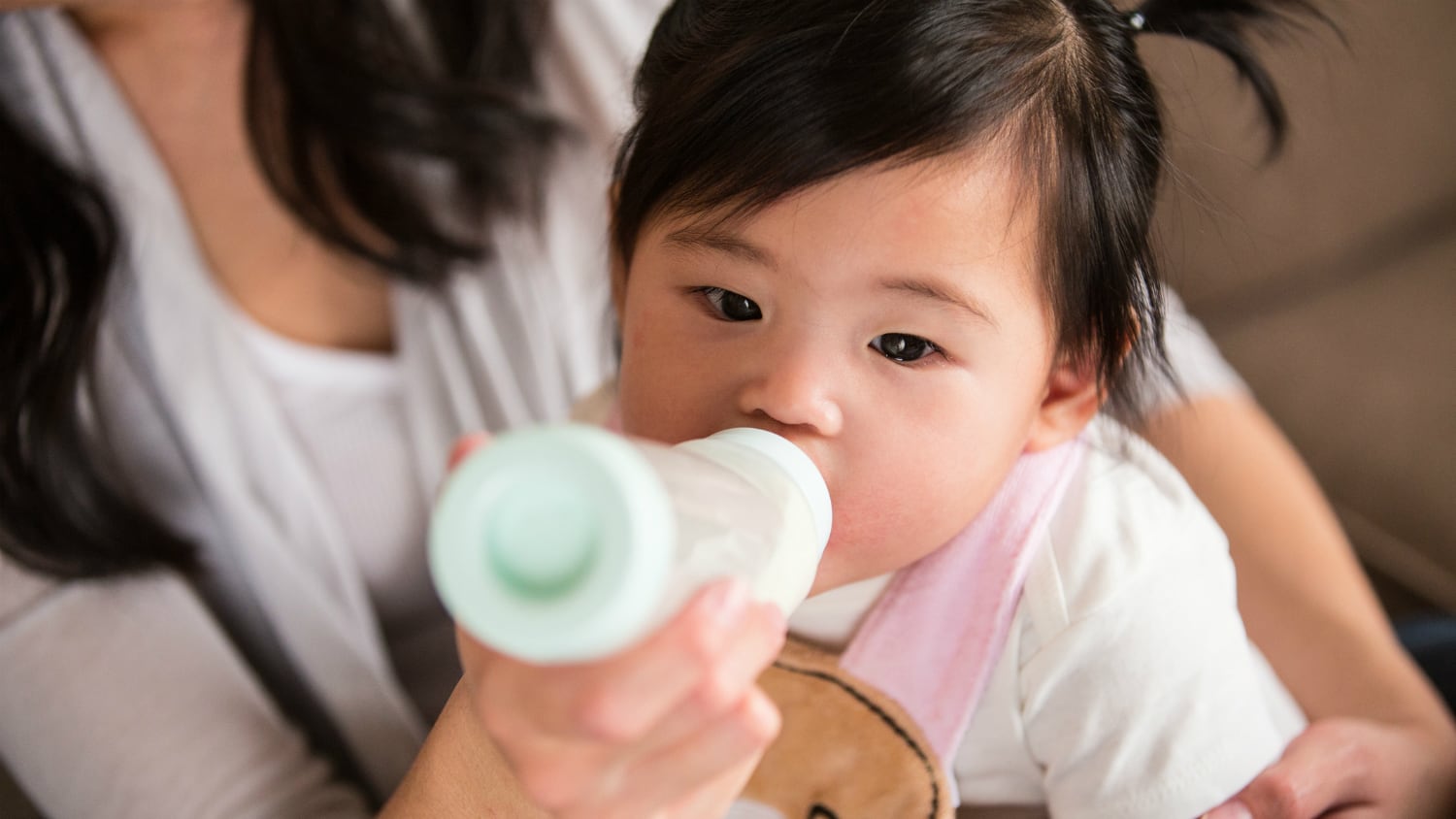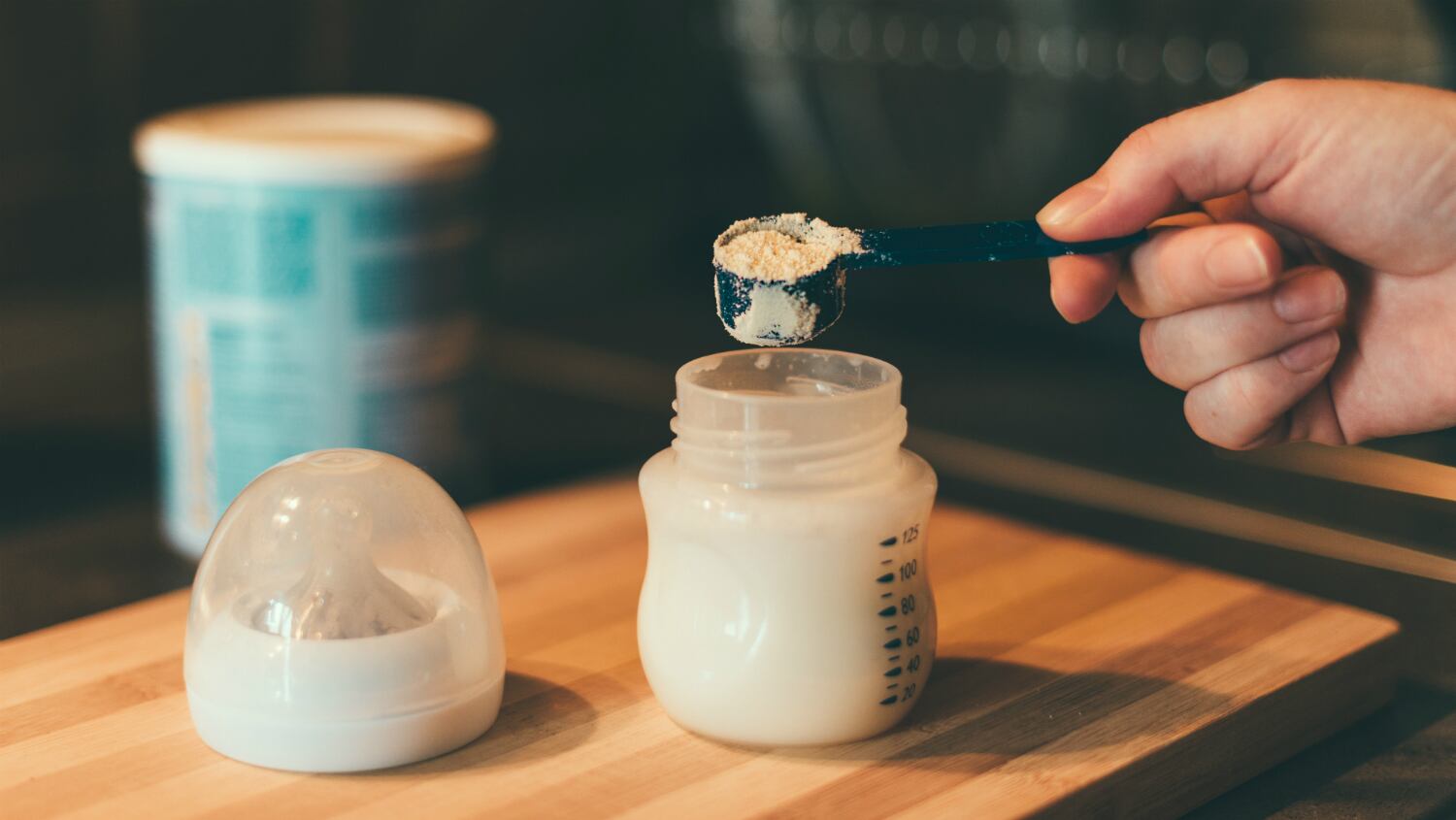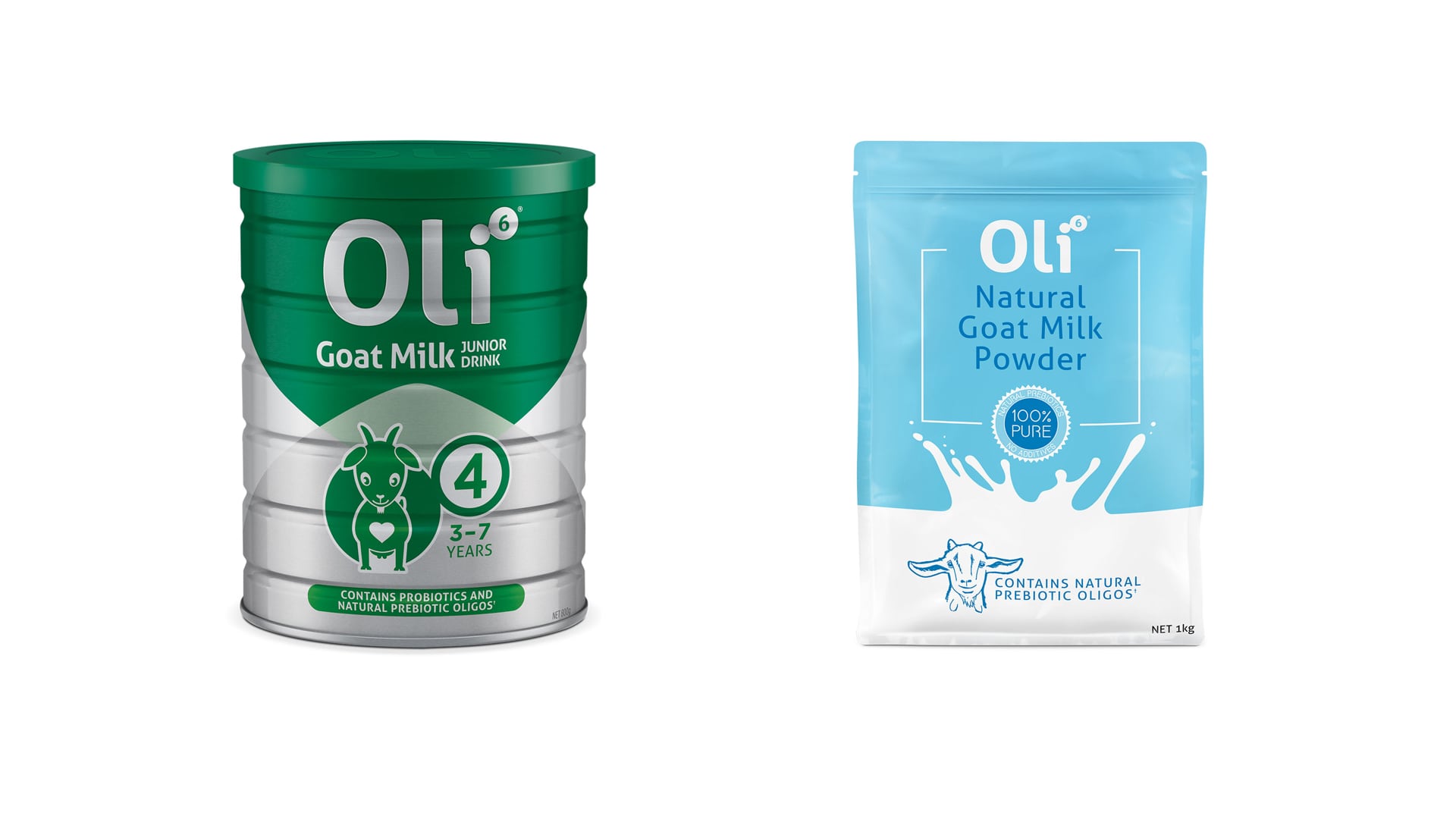While Chinese parents have been fixated on imported formula, particularly from Australia and New Zealand, the government has introduced more stringent rules for both domestic and foreign manufacturers, forcing local firms to step their game up.
2008's melamine scandal, which saw six infants dying and 300,000 more falling ill, injured Chinese parents' confidence in domestic infant formula and turned their attention to imported milk powder.
Since then, New Zealand has become the largest exporter of infant formula to China, with the US, Australia and the EU close behind.
Companies like Nestlé, Bubs Australia, a2MC, Nuchev, and Ausnutria rushed to meet demand, and in 2017, infant formula exports from New Zealand to China were forecast to surpass US$685m.
High demand, short supply
This trend pushed up the prices of tins of imported formula in China to US$30 to US$60 (RMB200 to RMB400), easily double that in other countries.
Now, however, things may slowly be turning around for domestic formula firms — not least due the nation's stringent infant formula laws, introduced just over a year ago.
Data from China suggests that these rules have resulted in locally made formula reaching its highest safety rating ever — currently standing at 99.5%.
Formula products require proper registration before they are permitted for production or sale in the country — this entails 10 different certificates to be submitted in order to obtain said registration. All inspected formula samples in January, June, July, August and September last year were reported to have fulfilled the required standards.
One industry player, Australian formula firm Nuchev, believes the domestic market is on its way back up.
Founder and CEO Ben Dingle told NutraIngredients-Asia: "This development is very positive, because it's knocking out any cowboy brands and reducing the total number of brands in China. More importantly, it's ensuring brands that are operating in China — domestic and otherwise — are credible and reliable.
"The demand for infant formula, along with the market, will continue to grow, even though there are fewer brands."
Resource research
While China's domestic formula brands may have attained a their highest level of safety yet, they are still lacking in the sourcing department, mainly because it cannot compete with major milk exporting countries in terms of natural resources.
To get around this, some companies have bought or established milk powder factories and research centres in Australia and New Zealand, allowing them to sell imported milk powder in their brands' original packaging.
Some firms have gone beyond this to set up their own pastures, something the government has been urging them to do since the 2008 scandal.
Furthermore, many of them have upped their investment in R&D, with several companies even producing formula designed to cater specifically to the needs of Chinese infants.
Beingmate, Feihe, and Yili are among the companies to have done so, and have experienced a surge in sales volume as a result.
Tentative trust
Dingle thinks the higher safety ratings will slowly help domestic firms regain Chinese consumers' trust, though he expects this to be a slow process.
"Chinese mothers are very smart and place a lot of importance on infant formula quality. They do their homework, so regaining their trust will take a little time, but it will improve gradually."
However, he added: "I don't think, this would have a large impact on imported brands. They are still seen as premium products, and Chinese consumers are already used to them.
"Each brand's specific capability and performance in the China market will depend on how consumers react to them and how they interact with the respective sales channels, which is more important than the regulation upgrades we've seen."
Regarding whether or not he thinks Chinese formula brands would prefer to establish or buy manufacturing facilities and / or research centres overseas as opposed to setting up their own pastures in China, Dingle said it could go either way.
"I don't see it as a Chinese-specific preference. Just like we've seen Australian, Kiwi, European and US brands operate across different jurisdictions, I think we'll see Chinese brands do the same thing.
"You can see that some Chinese firms, like Mengniu and Yili, operate in different jurisdictions, and companies will employ the strategy that will fits their business better."




